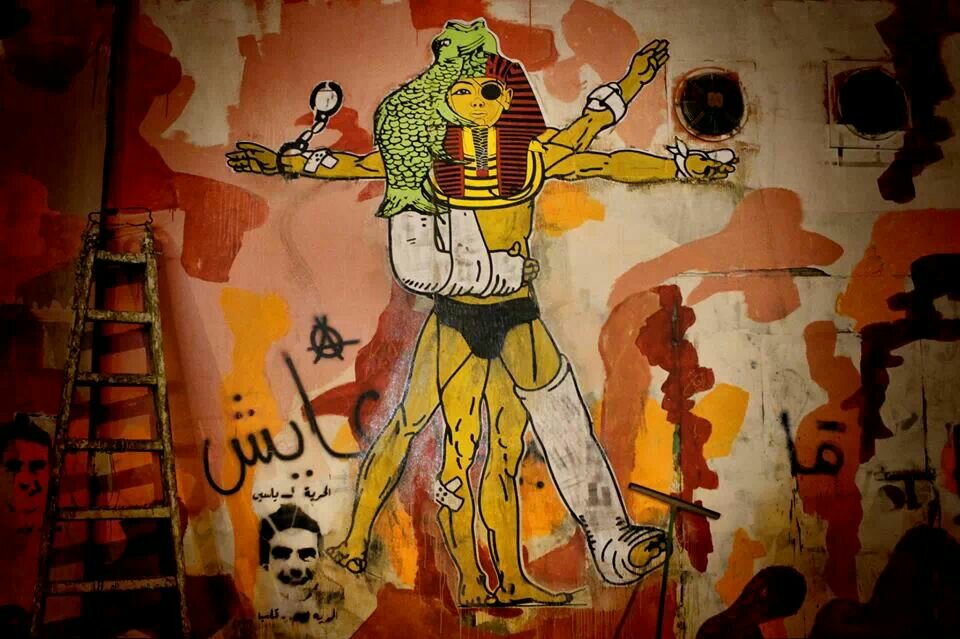Why will I Vote a Reluctant “yes” to the Proposed 2013 Constitution
I will be voting “yes” on the next constitutional referendum. It will be a vote with limited enthusiasm and excitement. It comes about from a painful analysis of the sorry state Egypt is now in. My aspirations for a post revolutionary Egypt remain much higher.
My concern is that the alternative to a positive outcome of the referendum are a great deal more grim. The way I see it, we have three options on the menu:
1. A very hard-core Islamist constitution that will be regressive and anachronistic if the MB or their ilk rise again to power…a “no” will make that more probable.
2. The 2012 constitution which already included military trials (the most abhorrent part in the new constitution), but missing out on many of the good points with regards to freedom of belief and minority rights in the proposed constitution
3. The 1972 constitution which gives the president completely unchecked powers. i.e. full regression to the pre 2011 state.
Escaping the sad fate of 1 makes 2 or 3 (or some mix of the two) very likely . I do not see a fourth option. The revolutionary idealists never managed to organize themselves politically over the last 3 years. Beyond making moral statements, and standing for what they believe is right, their sacrifices have been well exploited by many parasites.
The proposed constitution is still a small victory for the civil and progressive camp. A beach head, that I hope they will be able to expand upon later. The alternative is to risk domination by the Islamists, in which case society will come to complete stasis and no progress will be possible except via an all out civil war. Although the military will continue to play an active role in Egyptian politics in the coming years, with some hard work and a bit of luck we might be able to gradually contain and limit their influence. With the Islamists our chances of doing that is zero.

